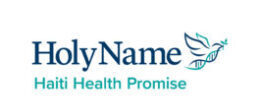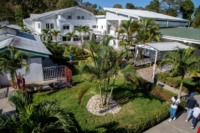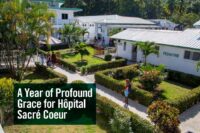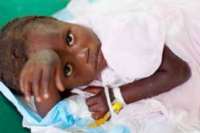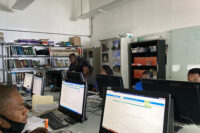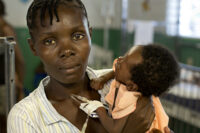An urgent question uttered around the world these days. “It” refers to the economy, the government (pick a country, any country,) political parties, storm ridden towns, educational systems (pick a system, any system,) cultural values, corporations (pick an organization, any organization) and on and on the list builds.
In Haiti, the question leaves the tongues of many foreign visitors within seconds of their arrival. Their passionate desire to help, firms up long before their muddy footprints become embedded in the landscape. The blancs (foreigners) begin in earnest crafting their own ‘to-do’ list of how to fix Haiti.
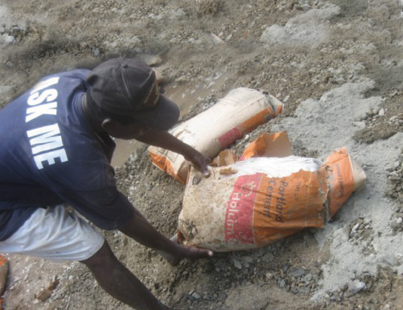 The best answer isn’t about fixing Haiti but about understanding Haiti; taking the time to let go of presuppositions and remain open and teachable. It’s less about fixing Haiti and more about listening to the voices of Haitians, sharing resources based upon their stated needs, and being willing to be transformed by the releasing of agendas.
The best answer isn’t about fixing Haiti but about understanding Haiti; taking the time to let go of presuppositions and remain open and teachable. It’s less about fixing Haiti and more about listening to the voices of Haitians, sharing resources based upon their stated needs, and being willing to be transformed by the releasing of agendas.
Haitians have paid an enormous price for freeing themselves from slavery. Decades before French or American slaves walked the road of freed persons; Haitians broke their yoke of bondage with their defeat of Napoleon in 1804. Since then, a litany of world powers attempted to fix Haiti in ways often more advantageous to themselves than to Haitians.
Nobody listened. The cries of protest, the stances of resistance, and the all too obvious systemic failures, just galvanized many foreigners’ resolve to tweak some more. The voices of the Haitian people often carried as much weight as the mosquitoes flying across Cap Haitien garbage heaps.
At CRUDEM, we listen. A lot. The hospital administration, the employees and even, at times, the local community tell us what they think is needed at Hôpital Sacré Coeur to ensure the delivery of quality healthcare to the region. The agenda we support is their agenda, not ours. That does not mean the Haitians get it right all the time. Most certainly there are times we hold our breath, place our hands over our eyes and say a silent prayer. But we have been surprised (in good ways!) more times than not. The Haitian plan is not always the American plan, but our goals remain in tandem.
 We both aim to create a healthier Haiti. We agree on the need to share resources in a way that seeds empowerment, not dependency. We give weight to the voices of our Haitian partners because what they have created in Milot works. In fact, it has worked so well, we are now at a crossroads.
We both aim to create a healthier Haiti. We agree on the need to share resources in a way that seeds empowerment, not dependency. We give weight to the voices of our Haitian partners because what they have created in Milot works. In fact, it has worked so well, we are now at a crossroads.
The challenges we face are considerable, if not life-threatening. The aftermath of the earthquake, the ongoing cholera epidemic, a decrease in medical facilities nationwide, a surge in patients with more complicated health issues, and our growing reputation for excellence, all combine to exert a critical pressure on Hôpital Sacré Coeur’s services, unique in its over 25 year history.
For years, we have leveraged our resources and procured supplies, delivered medical educational opportunities, provided jobs and even communicated our progress in creative and, often despite appearances, frugal ways. We have gotten the job done for a fraction of the costs other NGOs pay. Now, our ingenuity and frugality are being tested.
The hospital patient census remains at double pre-earthquake levels. Despite streamlining, the cost of hospital operations remains beyond our budget. We have seen what our Haitian partners have accomplished. We have seen lives saved, injuries healed and health return to the most vulnerable. We have watched Haitians enter the ranks of the employed, seen them put their graduate skills to work and heard the joy as children retell their first days at school. We agree with our Haitian partners, Hôpital Sacré Coeur must continue. In a country rife with failure and brokenness, Hôpital Sacré Coeur shines as a success.
To continue, we ask for your support. Help us deliver the resources. If there is any fixing to be done; it is the Haitians who will do it.
At CRUDEM, our money says: the Haitians will do it brilliantly.
Thank you for your past support and your kindest consideration for future contributions.
Blessings!
Joni Paterson, M.Div. Ph.D.
